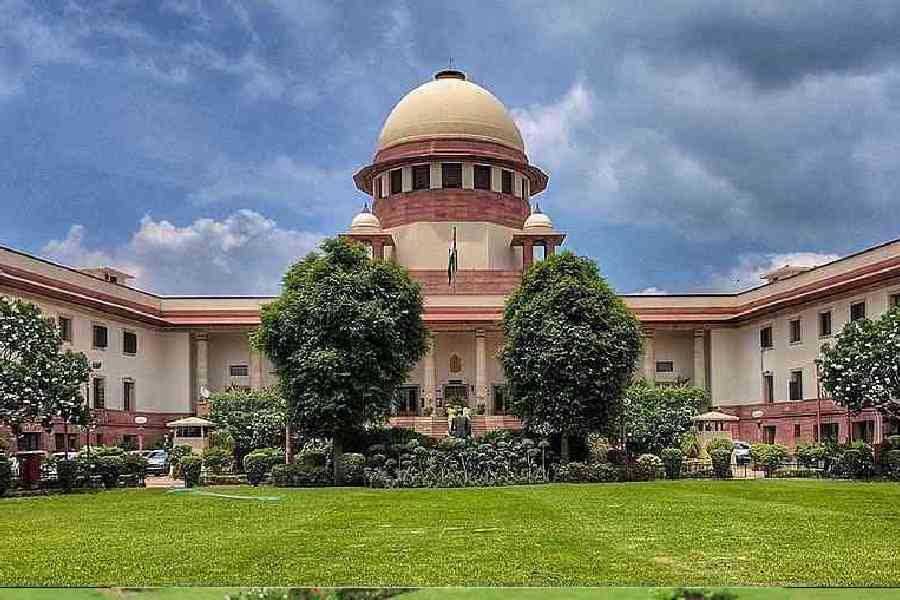The Supreme Court has ruled that an accused’s voice sample can be collected by police on the directions of a judicial magistrate and this does not violate a citizen’s fundamental right to privacy.
A bench of Justices Hrishikesh Roy and Manoj Misra passed the recent ruling while dismissing an appeal filed by an accused, Pravinsinh Nrupatsinh Chauhan, challenging the concurrent findings of a trial court and Gujarat High Court that had held he was bound to give voice samples for comparision with the material collected by the police in a criminal case.
The bench said until rules are formulated by the government, magistrates can give directions to the police to collect voice samples from suspects and accused persons.
The primary grievance of the petitioner was that his voice sample was ordered to be collected for the purpose of comparison with the incriminatory voice sample available with the police. According to Tejas Barot, counsel appearing for the accused, unless rules are framed and an appropriate standard operating system is notified under the provisions of the Criminal Procedure (Identification) Act, 2022, the collection of voice sample would impeach on the right to privacy of the accused.
Rejecting the plea, the bench cited the judgment by a three-judge bench of the Supreme Court in the Ritesh Sinha Vs State of Uttar Pradesh (2019 case) holding that in view of the opinion rendered by the nine-judge constitution bench judgment in the Justice K.S. Puttaswamy vs Union of India case in 2018, the fundamental right to privacy cannot be construed as absolute and must bow down to compelling public interest.
The court said on Thursday: “The... magistrate is given the power to order for collection of voice sample for the purpose of investigation of a crime until explicit provisions are engrafted in the CrPC by Parliament. Such direction was issued by invoking powers under Article 142 of the Constitution of India.”
"We see no infirmity with the impugned judgment of the high court... ordering the accused to give his voice sample...," the court added.











